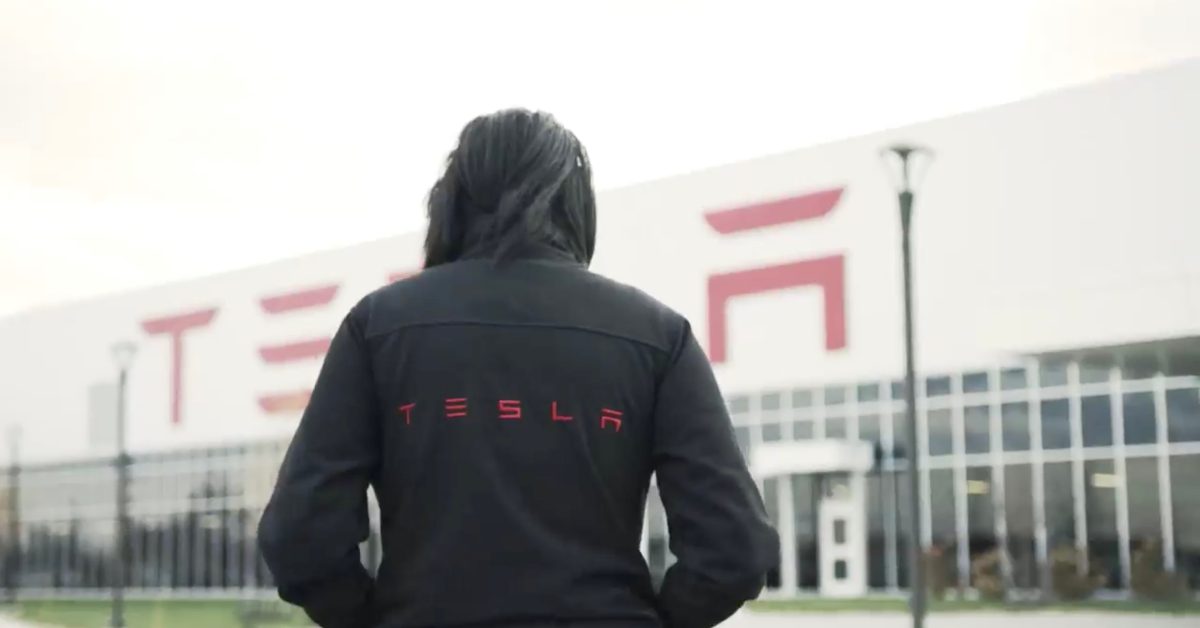Summary
Tesla replaced many laid-off U.S. workers with foreign H-1B visa holders after a 2024 wave of layoffs affecting 15,000 employees.
These visas, tied to employer sponsorship, often lower compensation and give employers significant leverage over workers.
Critics argue this displaces U.S. employees, as senior engineers were replaced by lower-paid junior engineers.
CEO Elon Musk, while advocating for expanding H-1B visa caps, faces backlash, especially from conservatives, for “job-stealing” concerns.
Musk contends there’s a U.S. skill shortage, but critics highlight potential exploitation tied to Tesla’s demanding work culture and visa dependence.



Which all comes from the temporary and restrictive nature of the visa. They’re tied to a specific employer and must leave the country if their employment with that company ends (or set up another visa with another company in a very short time).
If these people represent deficiencies in our country’s skill set, then we should be welcoming them with open arms not locking them into an exploitative indentured servitude.
Of course, removing the strong tie to a specific sponsoring employer would let them leave the company for more competitive pay and work environment, which makes the whole thing less appealing to companies. It’s also at odds with the idea of the visa serving to bring in extraordinary talent not available in the country. Needing extraordinary talent and skimping on pay don’t exactly go hand in hand.